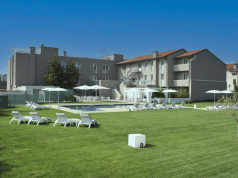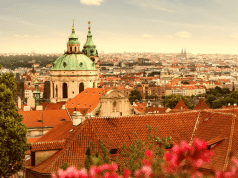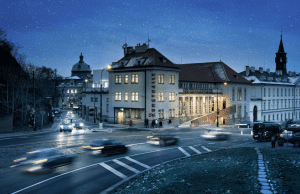What is incentive travel?
‘Incentive’ or ‘motivational’ travel is a term we use to describe group trips organised by companies for their loyal employees. You can think of it as an award or an encouragement to keep good mutual relationships between the employees and business partners. They differ from classical group trips by being based on clearly stated and measurable targets and goals. Help with their organisation is usually provided by local DMCs (Destination Management Company) who know the local incentive products best.
What types of incentive programmes are out there?
The best way to categorise individual incentive programmes is to look at what their goal and purpose is, and they shouldn’t be mistaken for team building programmes, which are usually on the itinerary of classical group trips.
What makes a great incentive?
An incentive has to focus on emotions, which are brought out through an experience where every participant is actively involved. That is how a great team forms.
We have compiled a list of the TOP 5 tips for creating the best incentive programme out there. It’s all about different emotional experiences that have a positive effect on the group, as they act on sight, sound, taste, touch and smell. Through stimulating our senses, we get a feeling of comfort, excitement and satisfaction. All of this translates into more creativity and a stronger team spirit. In practice, the best experiences are the ones that combine all of the elements.

AUTHENTICITY
Conjuring up authenticity in incentive programmes is sometimes a big challenge. What often comes out of it is stereotypical authenticity, an ethnological-museum story, which is fake and enacted. It is important that you chose a sincere story that will allow the participants to truly feel the vibe of a destination, meet the locals, nature, tradition. An incentive programme should not be trapped in a caricature of a destination, because of exaggerated role playing.
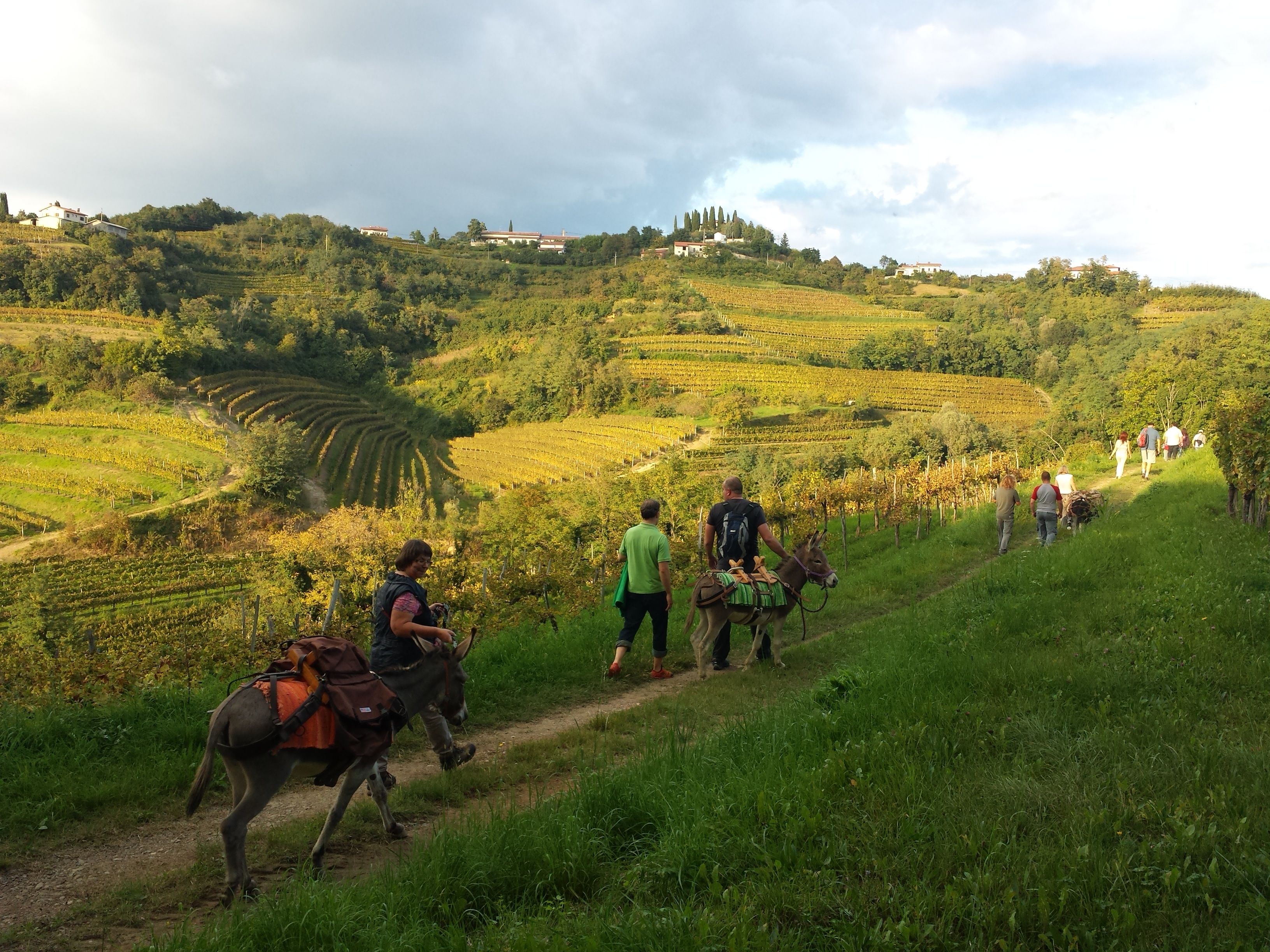
HAVING FUN THROUGH GAMES
Deep down, we are all still children and fun has always been the leitmotif of incentive programmes. Team games, educational games and role playing are key for improving networking and raising the level of mutual trust. A big trend on the rise is “gamefication”, a great way to motivate participants by implementing different interactive games into your programme. Everyone wants to play and these programmes have a clear goal, which is why they are extremely efficient. A proven fact is that collaborative games are always better than classical competitions.
EDUCATION
The best companies are systematically investing in education and training. An incentive should also cover the aspect of transferring knowledge and new skills. In practice, we call it action learning, learning through doing and trying out different formats of programmes. These programmes encompass creative problem solving and developing leadership and moderating skills, through brainstorming, focus groups and other techniques. The key is to make learning spontaneous and random. Don’t bring the participants back to the days behind the school desk.

ESCAPE
An escape from the hassles and stress of everyday life is what incentive organisers try to provide their participants. The nostalgic factor and the use of nostalgic appeal in communication and set-up always helps, as the future is uncertain and history offers the feeling of security. This can be done with different retro elements in programmes or stories connected to nostalgic ideas or historic events. Regardless of the format, the idea should always be original and as we have mentioned already, authentic.
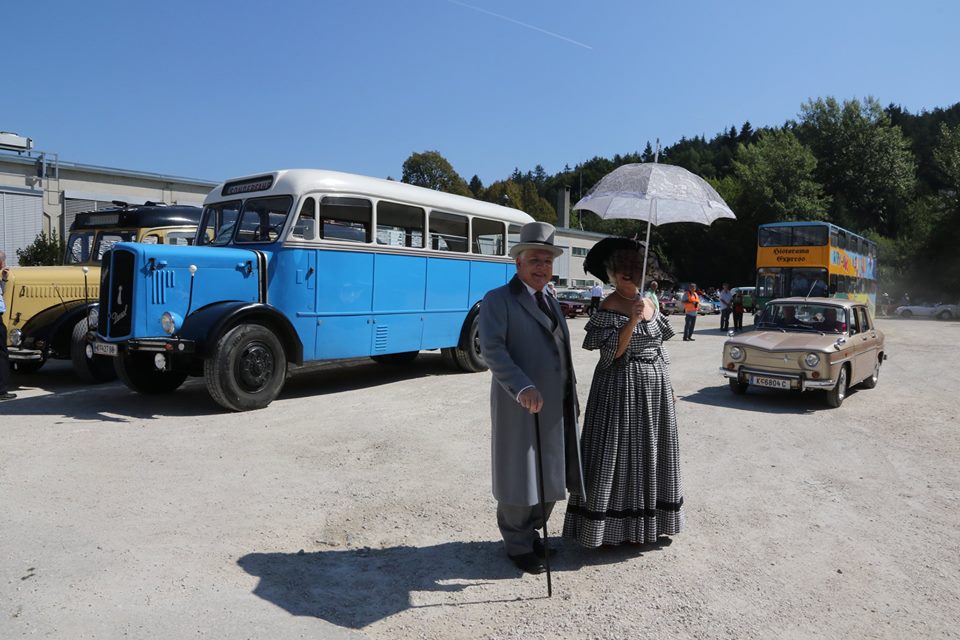
LIFESTYLE
Incentive organisers have to follow the lifestyle of the participants when organising an incentive. If a company swears by a healthy lifestyle, the basic incentive story is pretty much already defined. You have to be adaptive to different lifestyles, from the lovers of luxury or technology to those who delight in tradition. Based on the type of client, first-class incentive agencies prepare a creative brief, including clear profiling of the participants.
No matter what type of incentive you decide to organise, one thing remains key; respecting the participants and knowing their needs. The methods you use have to be carefully thought out in order not to offend anyone or make them feel uncomfortable. The basic principle and building block of a successful incentive programme will always be authentic and spontaneous hospitality, which should be embedded in the DNA of your next incentive programme.



